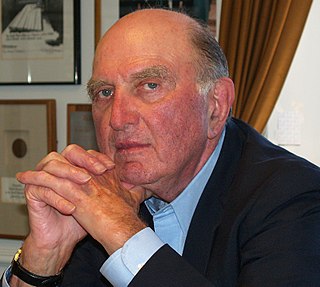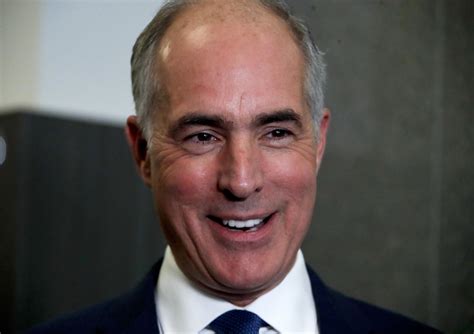A Quote by Pinarayi Vijayan
A move to decide citizenship on the basis of religion amounts to rejecting the Constitution.
Quote Topics
Related Quotes
Judges decide upon copyright law. They decide upon trademark law. They decide upon scientific issues. They decide upon very complex technical issues on a daily basis. So you must have confidence in the Supreme Court, that they will apply their mind and they will come out with a decision consistent with the Constitution.
Congress decides who becomes a citizen and how. To automatically say the 14th Amendment grants birthright citizenship, no, we can't change that. Amending the Constitution, not possible, takes too long. We gotta find another way of dealing with this. No, we don't, because it's not there. You don't have to amend the Constitution.
When we got organized as a country, [and] wrote a fairly radical Constitution, with a radical Bill of Rights, giving radical amounts of freedom to Americans, it was assumed that Americans who had that freedom would use it responsibly...When personal freedom is being abused, you have to move to limit it.
My construction of the constitution is very different from that you quote. It is that each department is truly independent of the others, and has an equal right to decide for itself what is the meaning of the constitution in the cases submitted to its action; and especially, where it is to act ultimately and without appeal.

































